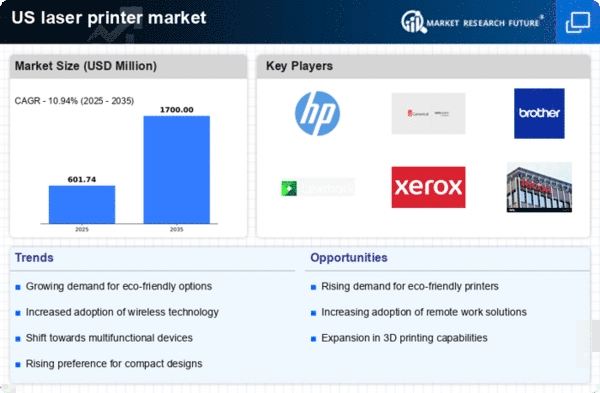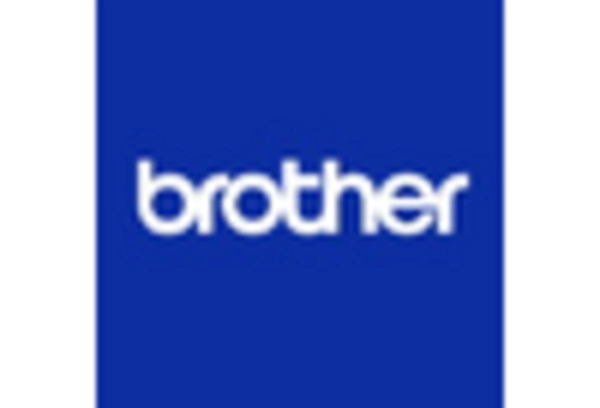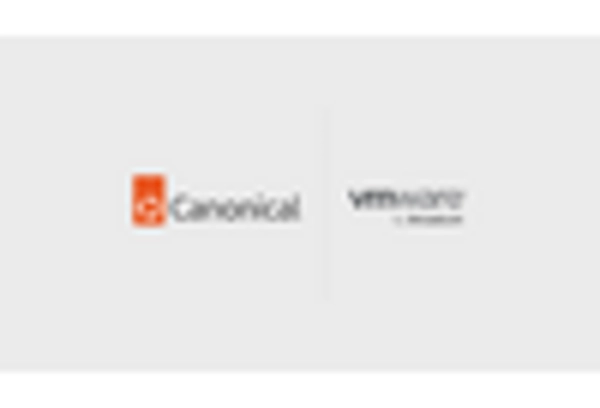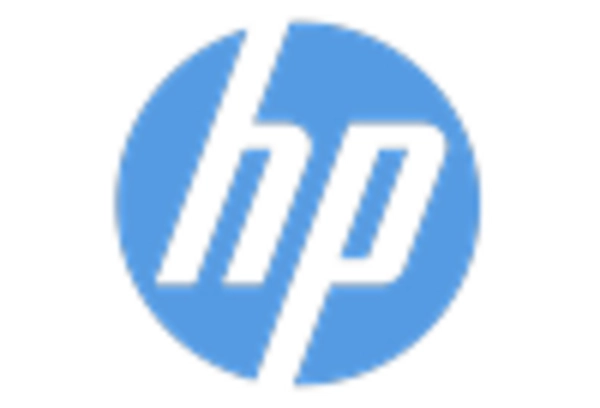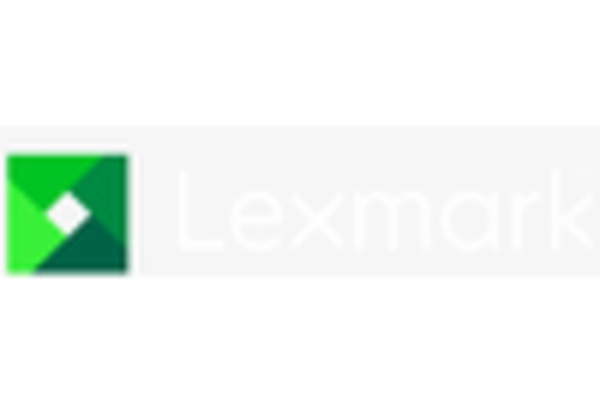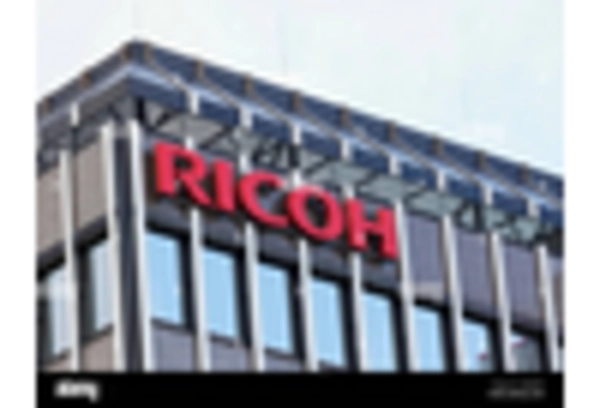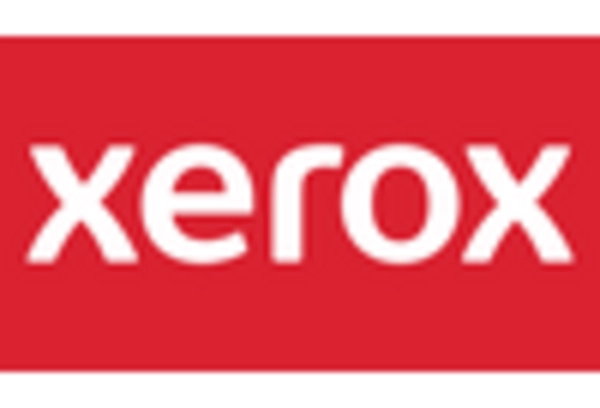Shift Towards Remote Work Solutions
The ongoing shift towards remote work is influencing the laser printer market, as individuals and businesses adapt to new working environments. With more employees working from home, there is a growing need for compact and efficient printing solutions that can be easily integrated into home offices. In 2025, the market for personal laser printers is expected to grow by 20%, driven by the demand for devices that offer high-quality printing in a smaller footprint. The laser printer market is responding by developing models that cater to this segment, focusing on features such as wireless connectivity and mobile printing capabilities. This adaptation not only meets the needs of remote workers but also positions laser printers as versatile tools for various printing applications.
Cost-Effectiveness of Laser Printing
Cost-effectiveness remains a pivotal driver in the laser printer market, as organizations increasingly evaluate their printing expenses. Laser printers, known for their lower cost per page compared to inkjet alternatives, are becoming the preferred choice for businesses aiming to optimize their printing budgets. In 2025, the average cost per page for laser printers is estimated to be around $0.02, significantly lower than the $0.10 associated with inkjet printers. This financial advantage encourages companies to invest in laser technology, particularly for high-volume printing needs. The laser printer market is responding by offering a range of models that balance initial purchase costs with long-term savings, thereby appealing to cost-conscious consumers. As businesses continue to prioritize budget efficiency, the demand for laser printers is likely to remain robust.
Increased Focus on Security Features
As cybersecurity threats become more prevalent, the laser printer market is witnessing a heightened emphasis on security features. Organizations are increasingly aware of the vulnerabilities associated with networked printers, prompting manufacturers to integrate advanced security protocols into their devices. In 2025, it is anticipated that over 30% of laser printers will include features such as secure printing, user authentication, and data encryption. This trend reflects a broader commitment within the laser printer market to safeguard sensitive information and maintain compliance with regulatory standards. By addressing security concerns, manufacturers not only enhance the functionality of their products but also build trust with consumers who prioritize data protection in their printing solutions.
Rising Demand for High-Volume Printing
The laser printer market experiences a notable increase in demand for high-volume printing solutions, particularly among businesses and educational institutions. This trend is driven by the need for efficient document production, as organizations seek to enhance productivity and reduce operational costs. In 2025, the market for high-speed laser printers is projected to grow by approximately 15%, reflecting a shift towards devices capable of handling large print jobs swiftly. The laser printer market is adapting to this demand by introducing models that offer faster print speeds and higher page yields, catering to the requirements of high-volume users. Furthermore, the integration of advanced features such as duplex printing and mobile printing capabilities enhances the appeal of these devices, making them indispensable in environments where efficiency is paramount.
Environmental Regulations and Compliance
The laser printer market is increasingly influenced by environmental regulations and compliance requirements, as businesses strive to meet sustainability goals. In 2025, it is projected that 40% of organizations will prioritize eco-friendly printing solutions, prompting manufacturers to develop laser printers that adhere to stringent environmental standards. This includes energy-efficient models that consume less power and utilize recyclable materials in their construction. The laser printer market is responding to this demand by promoting products that not only deliver high performance but also align with corporate social responsibility initiatives. As environmental awareness continues to grow, the emphasis on sustainable printing practices is likely to shape purchasing decisions, further driving the evolution of the laser printer market.

